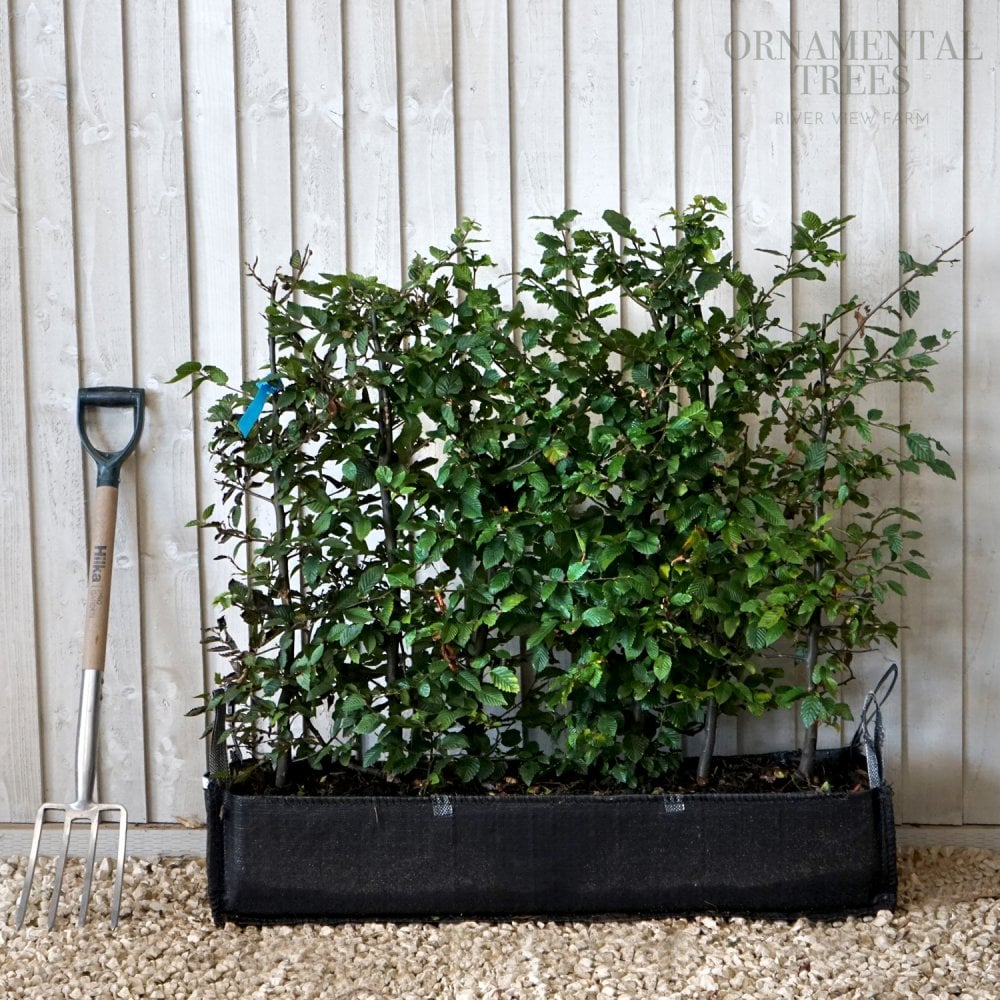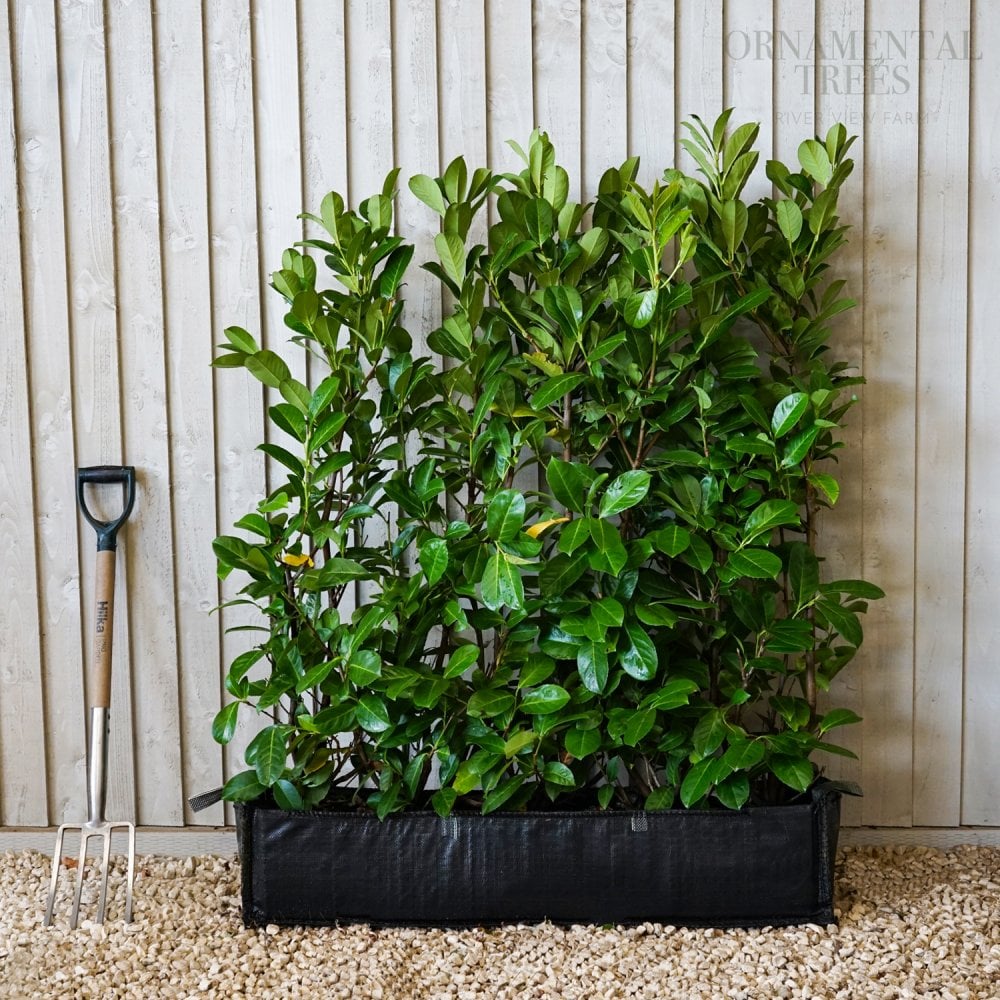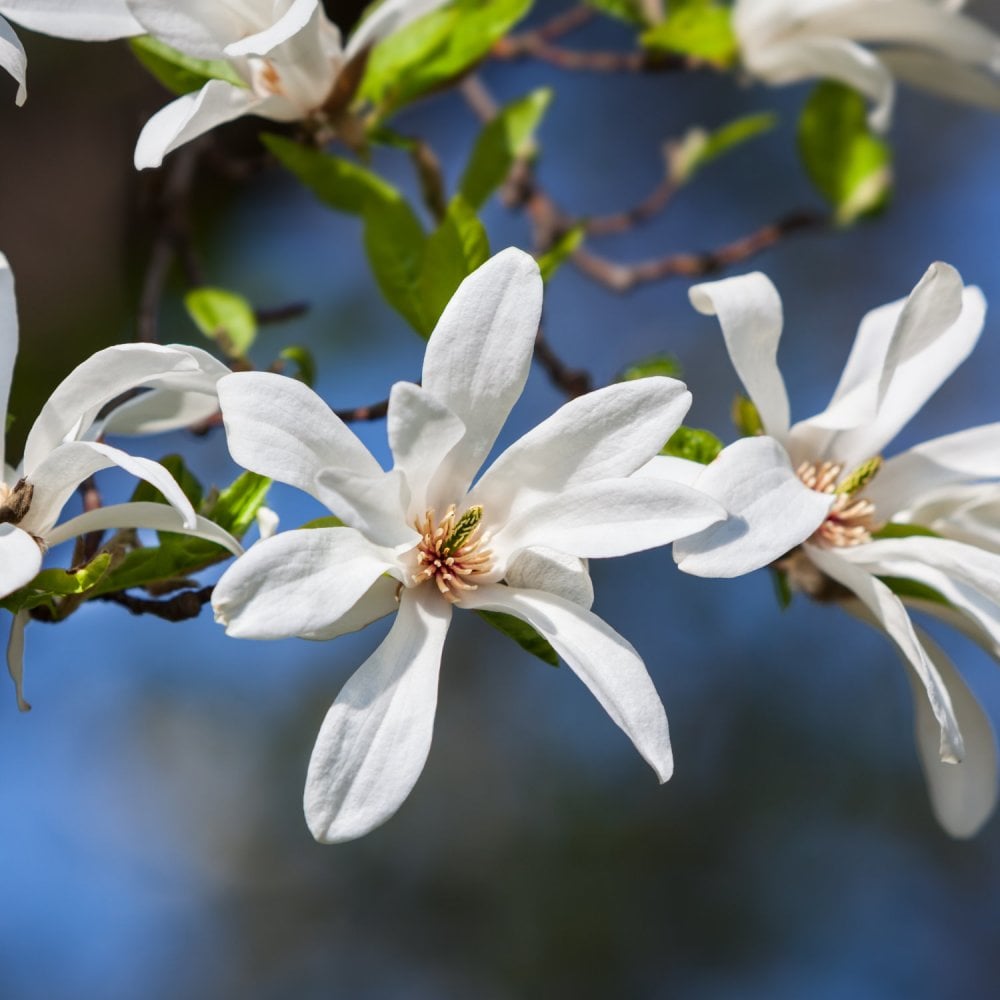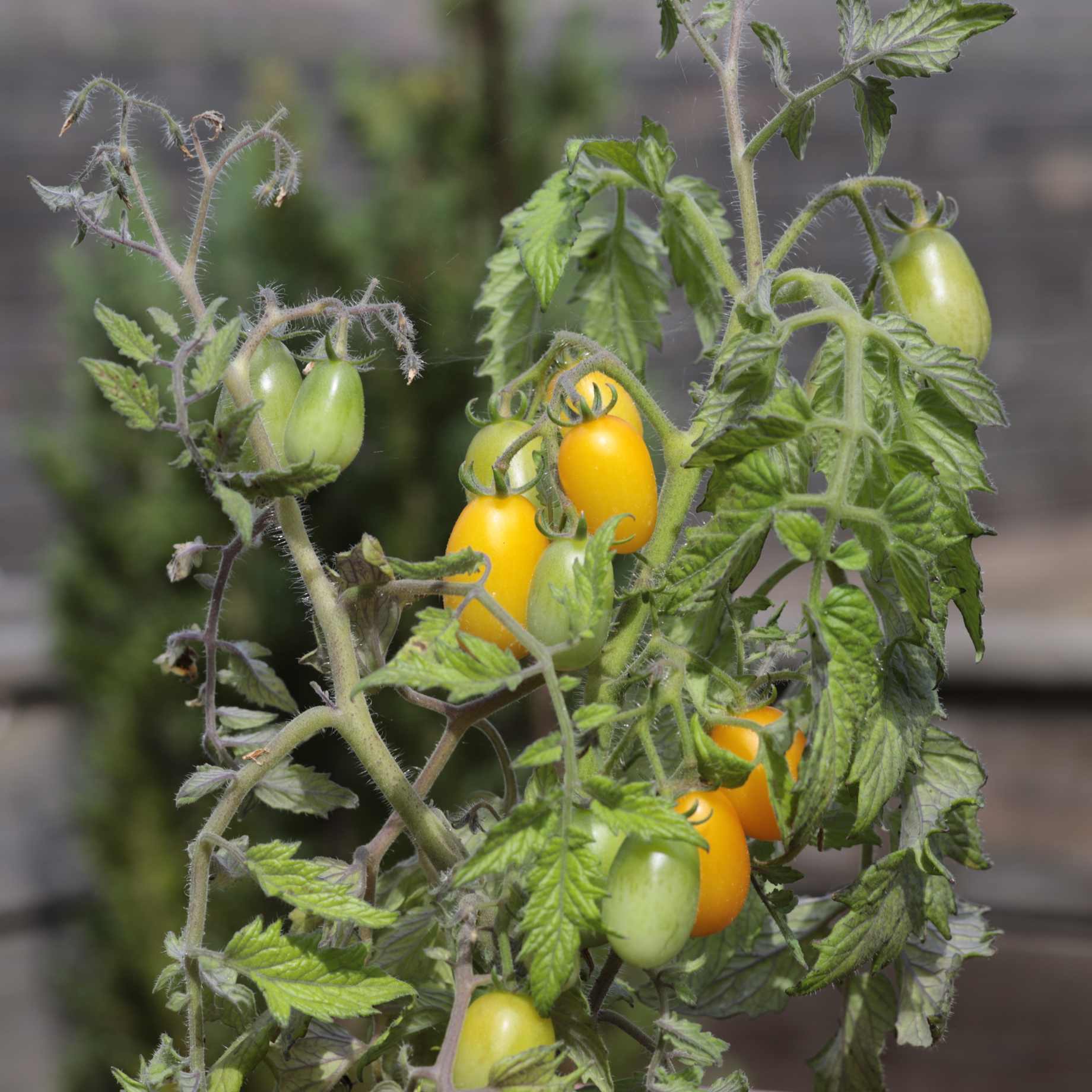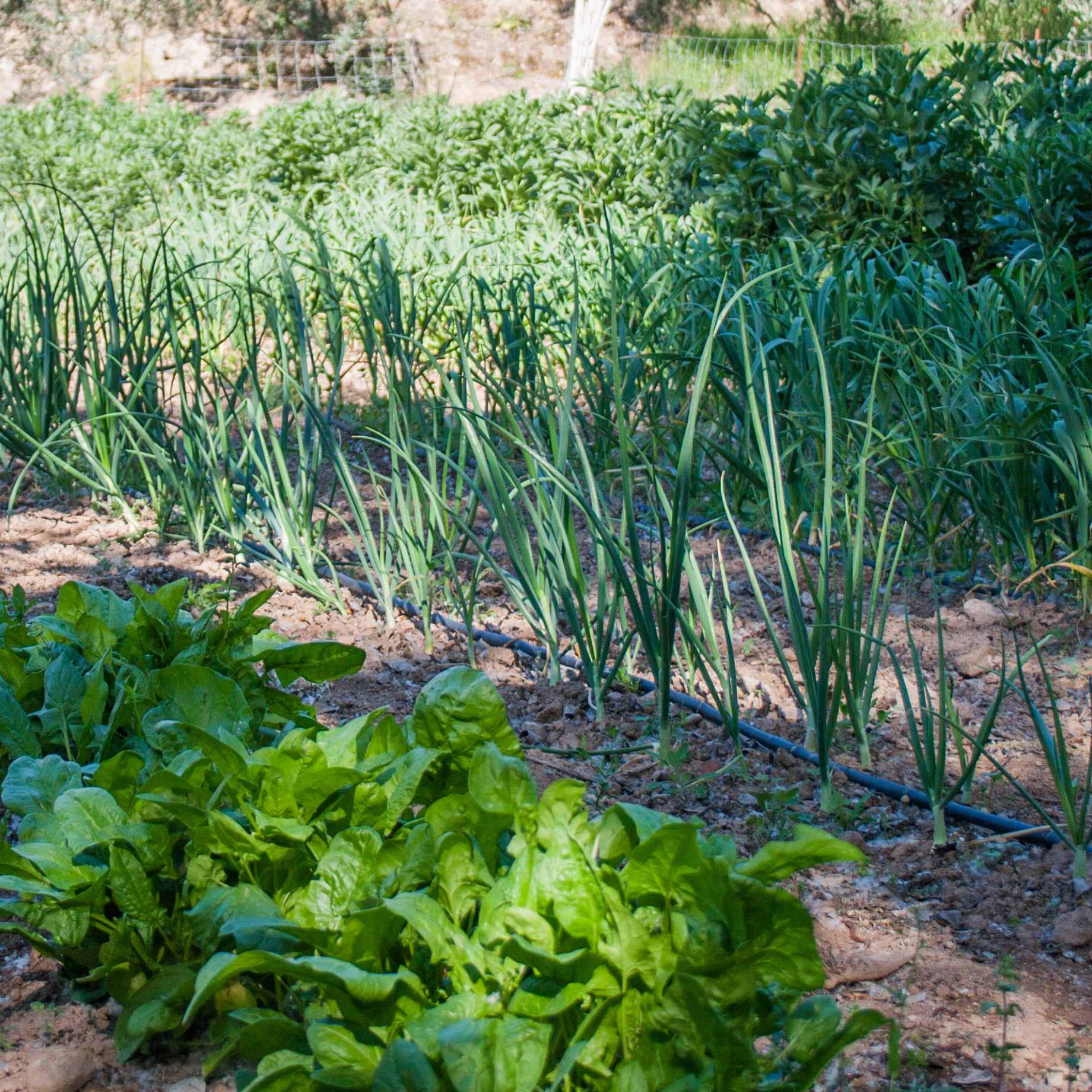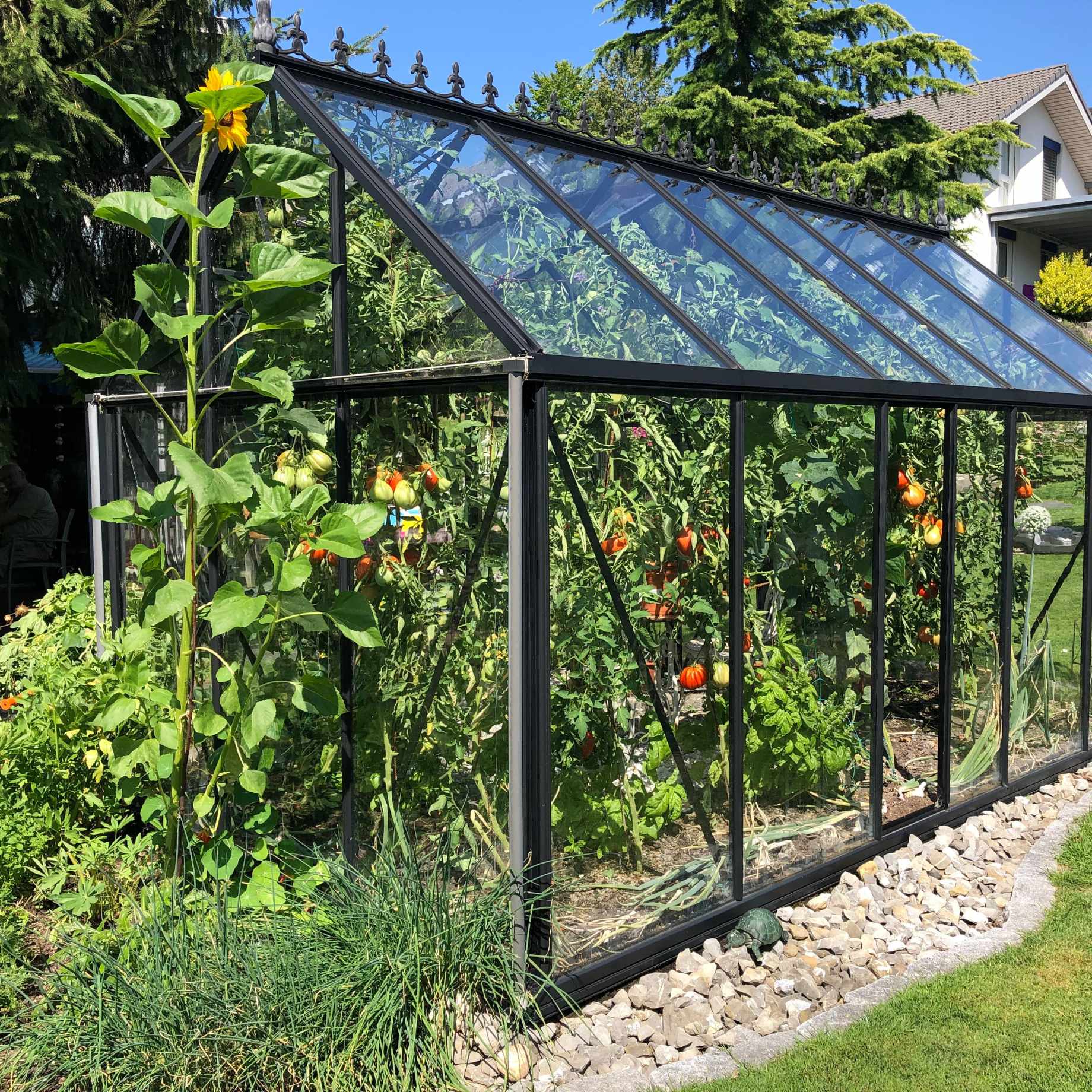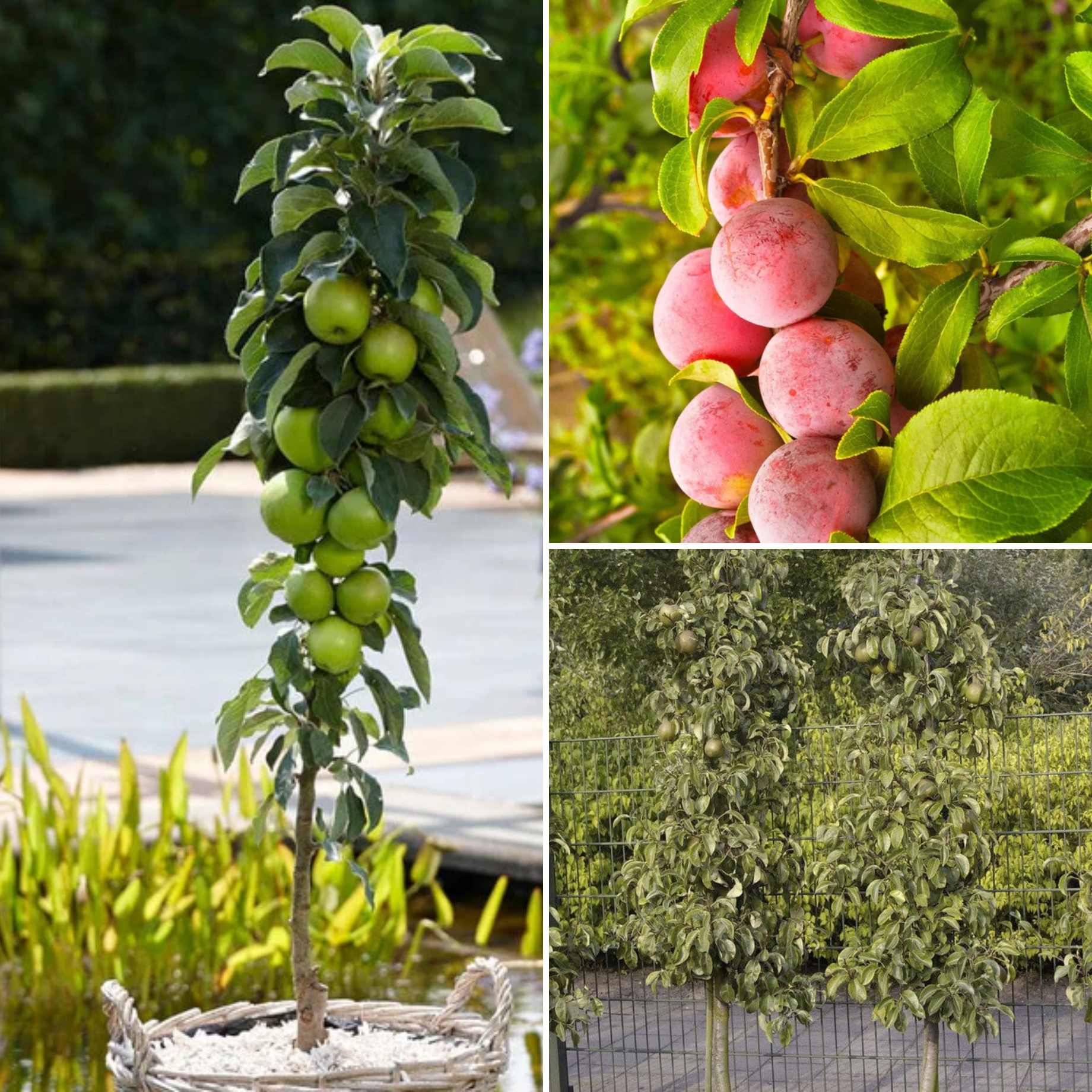Key features
FoliageDeeply ribbed green leaves turn golden in autumn (deciduous)
PositionFull sun to part shade
SoilPrefers moist yet well-draining soil
Description
Common Hornbeam (Carpinus betulus) has deeply ribbed, mid-green, ovate foliage that turns yellow in the autumn. Green catkins appear from late spring, followed by clusters of winged fruit. When clipped correctly, Hornbeam hedges still hold their attractive copper brown leaves when others have fallen, making it ideal for screening purposes. This native hedging is appealing to a great deal of wildlife, most prominently the Hawfinch and several species of moth.
Hornbeam takes well to being trained, is reliably tough and will happily grow in a shaded or damp position. Hornbeam hedging is very similar to Beech – the main differences are that the leaves have deeper veins and the planting conditions can be slightly damper.
AKA European hornbeam hedging
Planting Steps
1Preparation
- Pot-grown plants can be planted at any time of year, whereas bare roots need to be planted between November and March.
- Clear weeds and grass within a metre of the planting hole.
- Dig a hole as deep as the root mass and twice as wide.
- To help your plant establish more effectively, sprinkle Rootgrow in the hole.
2Planting
- Gently loosen the roots and place into the planting hole.
- Ensure the top of the plant’s compost is flush with the level of the surrounding soil and the graft union or collar of the tree is above ground level.
- Mix 50% of the original soil with 50% compost.
- Fill in the hole, firming the soil gently.
3Last Steps
- Water generously around the base of the plant.
- If you are planting either a single stem tree or mature standard tree, we recommend adding a staking kit and rabbit guard.
Aftercare Advice
Trees and shrubs require a good watering regime for a couple of years whilst they establish. Water well and regularly through spring and summer, increasing in hot or dry weather. If planting in autumn, you may only need to water a little. It is advisable to keep the area free of competing weeds and grass during this period.
For more detailed advice and video guides, please visit our Help & Advice section.

